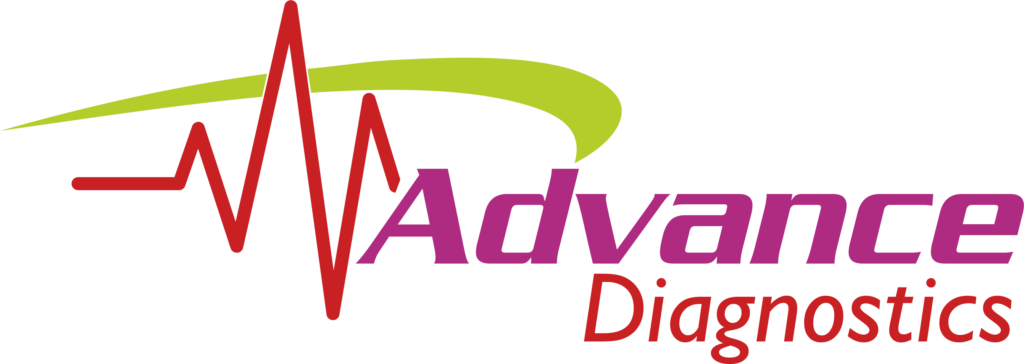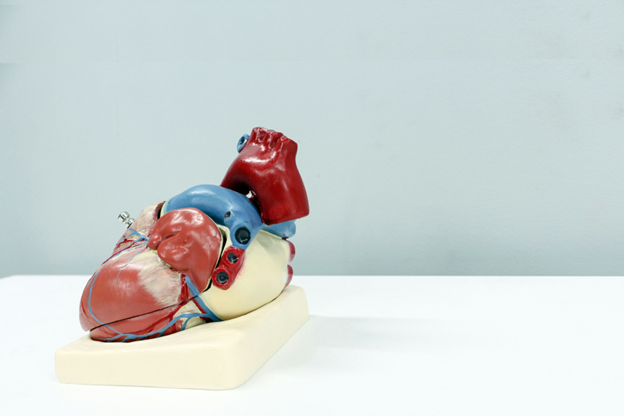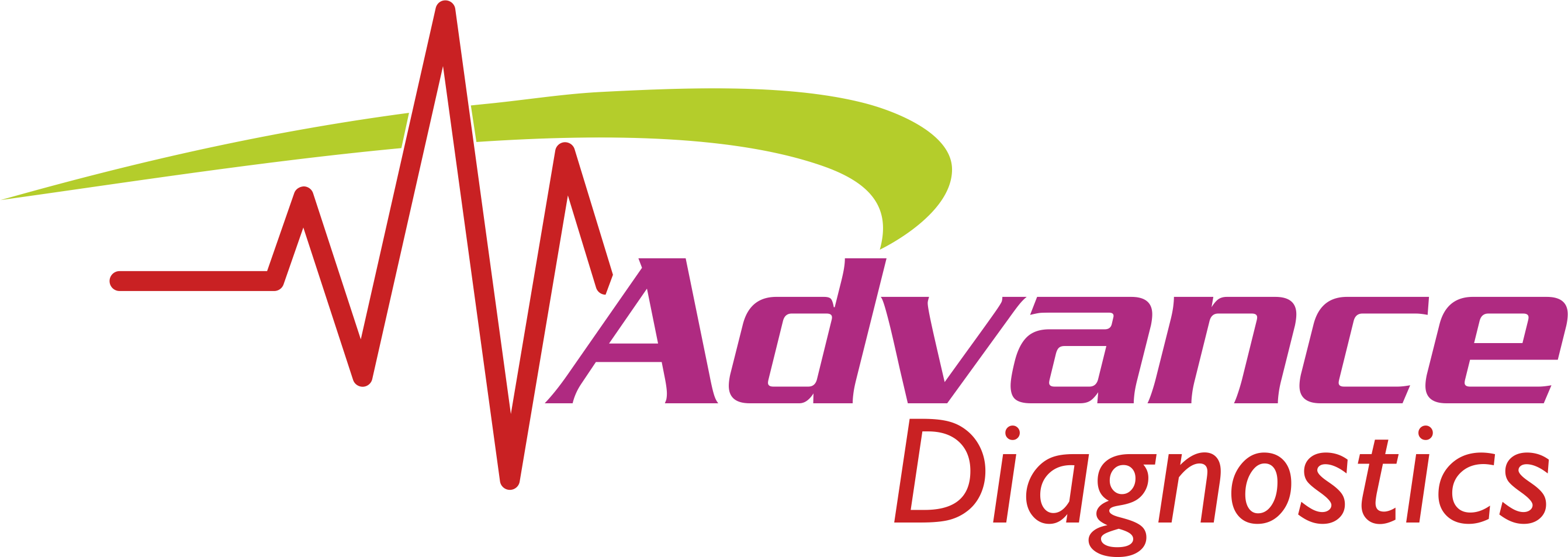Heart health is vital for everyone. Keeping track of your heartbeat helps catch issues early. A typical way to monitor heartbeats is through an ECG (electrocardiogram). This test records the rhythm of your heart using small pads stuck on your skin. But sometimes, doctors need to check your heart over a longer time. That’s where the Holter ECG comes in. It tracks your heart activity continuously for 1 to 2 days.
Exploring the Holter ECG: History and Mechanics
The Holter ECG is a type of ECG that watches your heart all day and night. Unlike a standard ECG, which checks your heartbeat for a few minutes while you lie down, a Holter ECG records continuously while you go about your day. This device was created by Dr. Norman J. Holter in the 1950s. It was a big step forward in heart monitoring as it allowed doctors to see what’s happening to your heart even when you don’t notice any symptoms.
How Does the Holter Monitor Enhance Personalized Healthcare?
The Holter monitor is small. You can carry on with most of your usual activities while it watches your heart. It only has a few wires that stick to your skin to get readings. Setting up the monitor is easy. A healthcare professional will fix it to you, explaining how to care for it. You don’t feel any different with it on, so living normally is possible.
Key Scenarios for Holter ECG Deployment
Doctors recommend the Holter ECG when you have symptoms like a fluttering heart, dizziness, or tiredness for no reason. It’s also used to check if treatments for heart issues are working well. Compared to other tools like event monitors, the Holter ECG provides a more extended view of your heart activity. Recognizing heart problems early gives a better chance to treat them effectively. This approach is perfect for identifying concerns before they become serious issues.
Preparing for Your Holter ECG Test
Before your ECG Holter test, make sure to have a shower because you will not be able to remove it until it’s over. You’ll wear the monitor for a day or two. Continue your routine as usual but keep the device dry. Write down your activities and any symptoms that you notice. This information helps doctors understand how your heart handles different situations.
Advancements in Holter ECG Technology and Future Potential
Traditional ECGs provide a snapshot of your heart at a single time. They’re great for visible issues but can miss events happening over extended periods. Holter ECGs, however, record many hours or days of data. They’re crucial for spotting infrequent or situational heart issues. In the future, we could see Holter ECG technology merging with wearables, like smartwatches, for even easier heart health tracking. This advance means heart problems can be detected earlier and managed better.
Potential future advancements include: – Seamless integration with smartphones and apps – Cloud storage for constant data access and analysis – AI-driven solutions for quicker diagnosis
By aligning Holter ECG technology with devices you use daily, heart monitoring becomes even more accessible.
In conclusion, taking care of your heart is essential. A Holter ECG provides thorough monitoring, helping you and your doctor understand and manage your heart health better. Catching issues early leads to timely treatment, keeping you healthy and active. With technology improving, monitoring our heart activity will only become easier.
Understanding and using tools like the Holter ECG brings you closer to better, personalized health care.



